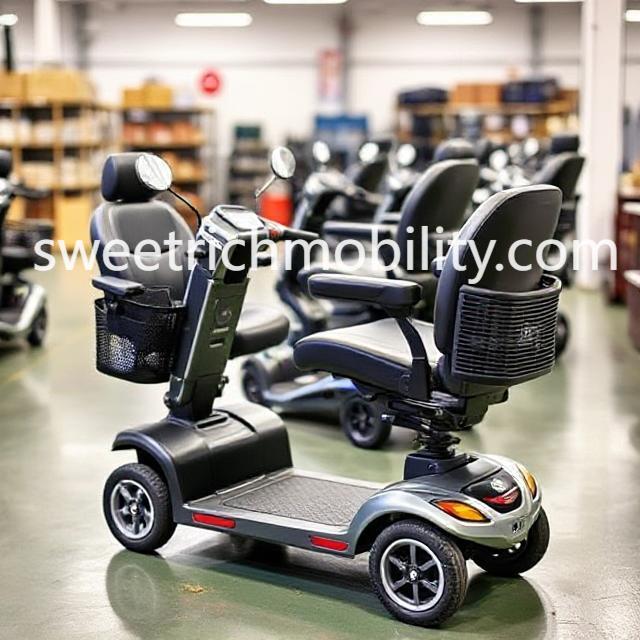How Battery Design Enhances Everyday Scooter Experiences

The expansion of micromobility solutions is redefining how urban communities navigate space. Among these trends, the Wholesale Lightweight Scooter concept has emerged as a compelling choice for distributors seeking scalable, efficient, and adaptable transport systems. As battery advancements and intelligent interfaces converge, the way people move through cities is undergoing a significant transformation.
Compact personal vehicles no longer rely on conventional battery units. Instead, optimized cells and intelligent power management systems ensure better distribution of energy and longer operational periods. These improvements address common user concerns such as reliability, range limitations, and downtime. Built-in sensors and controllers continuously monitor battery status, adjusting output to match real-world usage while preventing performance dips.
Another evolution comes in how these scooters respond to real-time environments. Automated features now support speed adaptation, slope detection, and smart braking—enhancing safety across variable road conditions. What was once considered simple transport has now become a digitally responsive solution, reducing physical strain and ensuring smoother operation for all rider profiles.
The lightweight category continues to gain attention for its blend of performance and portability. These designs are especially favorable for multi-modal travel, allowing users to seamlessly transition from sidewalk to bus, or from storage to active use. For businesses, this ease of movement supports fleet deployment, repositioning, and daily operation with minimal infrastructure demands.
A modular structure further amplifies the appeal. Easily replaceable panels, foldable elements, and upgradable components offer both functional and economic value. Businesses can scale services with confidence, knowing that wear-and-tear is manageable, and end users benefit from devices that grow with their needs. This versatility also supports expansion into new markets and demographic segments without radical changes to production lines.
One of the strongest enablers of scooter adoption is the shared economy. Community-based systems now deploy these lightweight models as part of ride-on-demand platforms, giving users access to flexible transportation without ownership costs. Efficient battery systems and quick-swap options help ensure uptime and reduce maintenance cycles, allowing more consistent availability in both high-traffic and residential areas.
Sweetrich has remained aligned with these emerging trends by focusing on reliable, responsive, and resource-conscious designs. The company’s approach emphasizes the balance between advanced function and day-to-day usability, keeping the end user in focus throughout development. Their offerings are structured to support business scalability and rider satisfaction at every level.
What makes today’s scooters distinct is how closely they mirror evolving mobility behaviors. Individuals and organizations alike demand speed, control, and compact form factors—while expecting minimal trade-offs in comfort or capability. As the definition of urban freedom shifts, the vehicles that support this shift must be equally dynamic and prepared to evolve.
From ride-sharing platforms to private use, the Wholesale Lightweight Scooter represents more than a product—it is a signal of where urban mobility is headed. It reflects user values, city planning trends, and the push for more efficient ways to get from one place to another.For detailed product options and technology-driven mobility solutions, please visit the official site of Sweetrich at http://www.sweetrichmobility.com/ .
- Art
- Causes
- Crafts
- Dance
- Drinks
- Film
- Fitness
- Food
- Giochi
- Gardening
- Health
- Home
- Literature
- Music
- Networking
- Altre informazioni
- Party
- Religion
- Shopping
- Sports
- Theater
- Wellness



